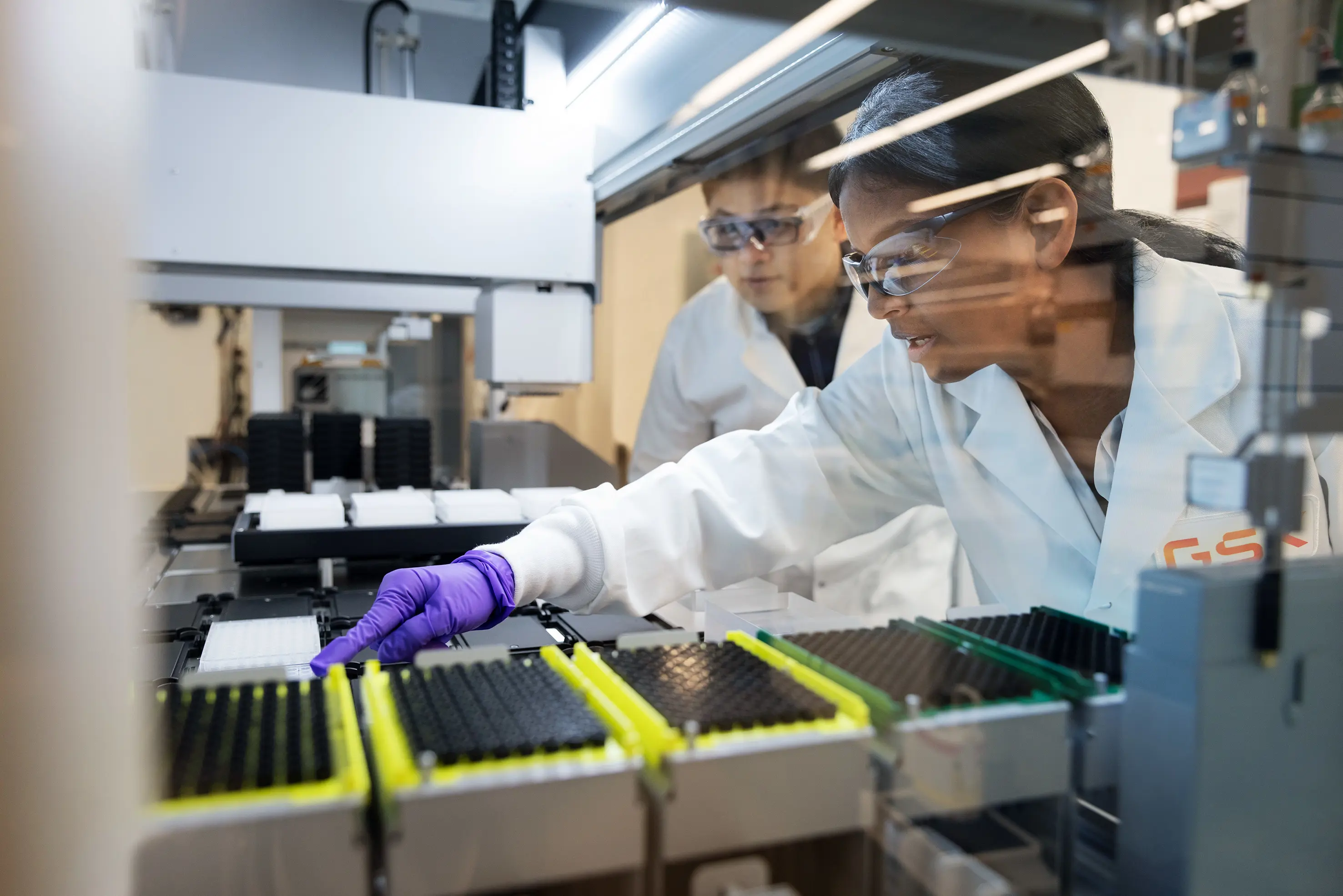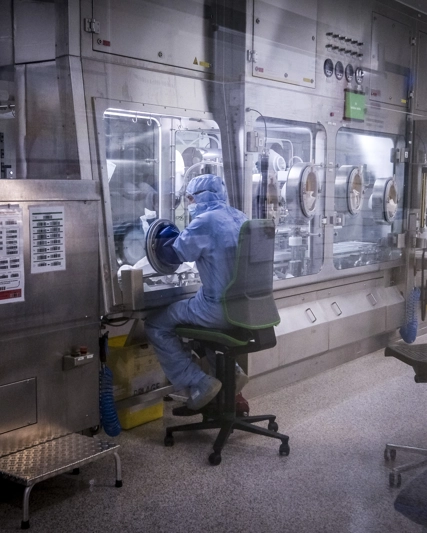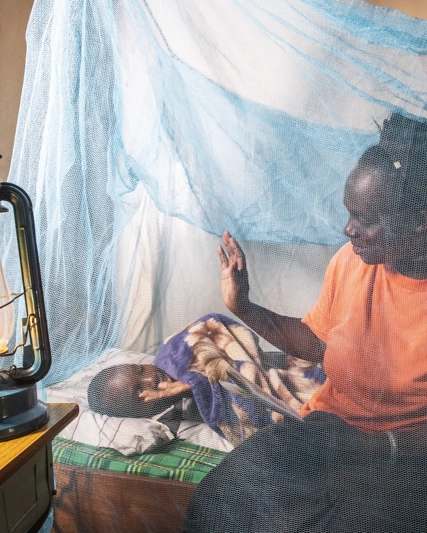Almost half of pharmaceutical industry experts believe that biopharma companies should focus on “a greater exchange of skills and technology” to achieve the best results for patients.
45% of attendees and exhibitors surveyed by GSK at the BIO International Conference said they feel collaboration across medical science and tech, such as artificial intelligence (AI) and machine learning, is key to making progress towards greater disease preventions and treatments.
41% also believe that technology will be “the biggest disruptor in healthcare” in the next decade.
“These findings reinforce our belief that bigger challenges require greater collaboration,” says Maya Martinez-Davis, the US President of pharmaceuticals at GSK.
“Our commitment to partnering with the world's best minds and leading institutions has allowed us to share ideas, discoveries, and technologies that ultimately improve patient outcomes.”
Over 1,700 people participated in GSK’s real-time survey at the event in June in Boston which captured data generated by the answers to eight questions live on a dynamic digital display wall. Most of the participants worked in the field of R&D or in biotech academia.
Their responses echoed the company’s beliefs that technology has played a transformational role in the unprecedented pace of innovation in healthcare in recent years.
“We have seen that the convergence of science and tech is fundamentally transforming the way we discover, develop and deliver medicines in our industry,” says Shobie Ramakrishnan, chief digital and technology officer at GSK.
“At GSK, tech powers everything we do, and is core to how we are getting ahead of disease – by bringing together the best in best digital, data, and tech capabilities with our incredible science.”
GSK and its partners use an extensive range of tech approaches with the aim of increasing the probability of success, accelerating the development of potential new medicines and vaccines, and improving the way they work for employees and patients.
These include using machine learning and artificial intelligence to speed up the analysis of genetic evidence to identify potential drug targets. A target is typically a protein that is linked to a particular disease where a drug can have a therapeutic impact.
Targeting the genetic instructions for disease proteins (ribonucleic acid or “RNA”) using using splicing, editing, and silencing techniques are also a new way GSK is using tech to discover and develop potential new medicines.
GSK’s digital data wall is expected to appear at several health conferences in the next year – including HLTH 2023 in Las Vegas – with the goal of generating more data from attendees to further understand what roles technology and innovation will play in healthcare in the future.

“We’re looking forward to participating in further discussions about the future of health innovation and listening to the perspectives of others within the innovation community,” says Sally Jackson, SVP, Global Communications and CEO Office at GSK.
“The conversations amongst the brightest in biotech have already inspired us, and we welcome others to become collaborators and key drivers of health innovation.”
Check back on social media and Behind the Science for the latest results.





